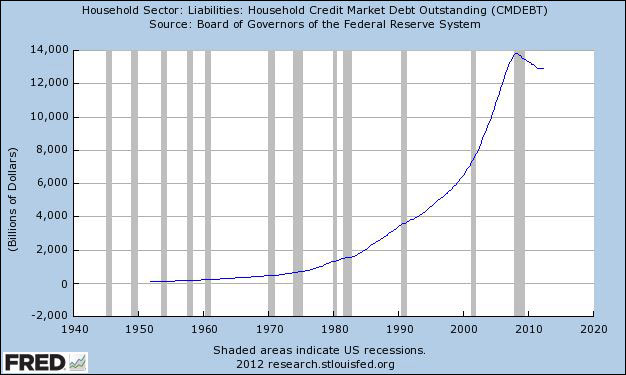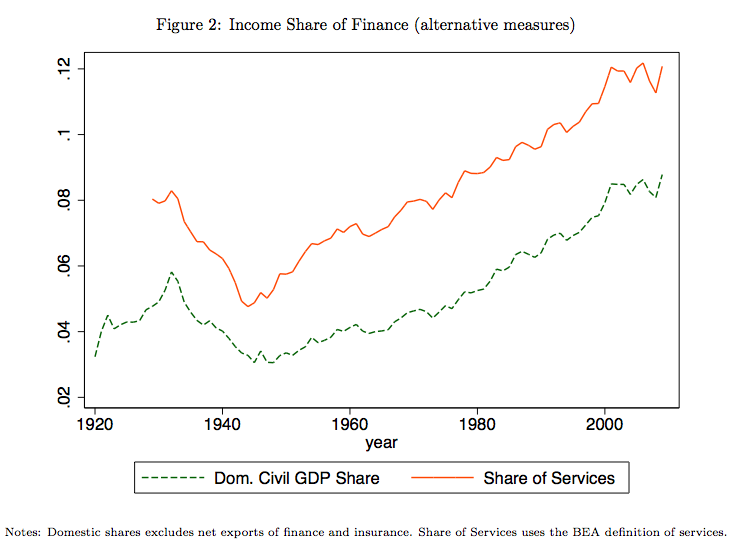Anything in life is what you make of it. I registered this site at some point in the what-now-seems-distant past. I might elect to neglect my ICANN fees this year. I might pay them for the next 20 years.
Right now, I enjoy writing about financial portfolios and financial issues in general. Maybe it’s because I started teaching finance this semester at East China Normal University. Maybe it’s because I’m inspired by the people I meet at AmCham Shanghai. Maybe it’s because I’m in love and, for the first time in many years, blood flows through all of my extremities (the biggest of which is my enormous head) on a consistent and regular basis.
Whatever the reason, it’s like my brain had been starved of oxygen for a decade. Or like I had been wandering in the Gobi Desert and all of a sudden came across a ship. What is that doing there?
Who knows? I now just accept it and keep moving forward.
Anything in this world is a function of feedback and enjoyment.
The more you do something, the more you accumulate tacit knowledge and the faster, the better you get at doing whatever it is that you decide to do.
For now, I’ve decided to write about finance because I think there’s a lot to gain from examining the very foundations of an industry that now makes up more than 8% of the American economy.
Is there a reason for the inexorable rise of financial services in the US? What kind of value does the finance industry provide today? What is “risk”? While we’re at it, what is finance anyway? I can’t answer these questions without writing about them. Hopefully, that impulse is what this website will be about.
I used to be, and one day might resume being, a musician.
In my life, I’ve also been a lot of other things. Telemarketer. Pizza delivery driver. Art gallery assistant. Website designer. Painter. Carpenter. Real estate investor. Concierge. All kinds of consultants. English teacher. Co-author. Freelance journalist. Professor.
But the one consistent undercurrent to my entire life, the one thing that I continue to be interested in – through thick and thin, through both good times and bad – is investing, finance, entrepreneurship, and how the seed of an idea blooms into a fully manifested flower.

We don’t need another talking head – someone who’s made a couple million dollars and now, for some reason, has decided they want to tell us what we should do. Finance changes by the day and what someone did 5-10 years ago really doesn’t apply to people who are trying to build their portfolio in today’s environment.
Besides, doesn’t it make more sense to listen to someone who’s currently mid-struggle in his path back to stasis? By no means am I saying that I have all the answers (or any for that matter), but experience is an invaluable teacher, as is the simple act of writing.
We all try and we all fail. It’s the lucky few of us that get back up and try again. And again and again and again. And that’s true of just about anything. Investing. Cooking. Loving. Working. Playing the piano. Building a guitar.
Thus, I’ve embarked upon this journey to ask and answer, for myself at least, a lot of the questions I’ve always wondered about in regards to finance, investing, and portfolio management.
I hope you, dear reader, decide to come along.




